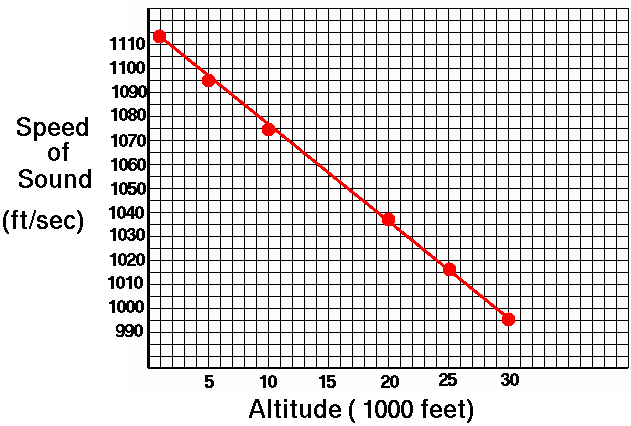

The cavity resonances which determine the vocal formants would be raised by the higher sound speed, so the timbre of the voice would be different. Note that if the vibration frequency of the vocal folds does not change, the actual pitch of the voice is not higher. The high speed of sound is responsible for the amusing "Donald Duck" voice which occurs when someone has breathed in helium from a balloon. Sound velocity c or velocity of sound should not be confused with.

This is consistent with the general relationship for sound speed in gases since the density of helium is so much less than that of air. In conventional use and scientific literature, sound velocity v is the same as sound speed c. The speed of sound in helium at 0☌ is about 972 m/s, compared to 331 m/s in air. Sound speeds in other gasesīreaking the sound barrier with an aircraft It is not dependent upon the sound amplitude, frequency or wavelength.Ĭalculation note: You may enter temperature to calculate sound speed, or enter sound speed to calculate the corresponding temperature. It is important to note that the sound speed in air is determined by the air itself. This sound speed does not apply to gases other than air, for example the helium from a balloon. At 200☌ this relationship gives 453 m/s while the more accurate formula gives 436 m/s. 1 Feet Per Second to Speed Of Sound In Air 0.0009: 70 Feet Per Second to Speed Of Sound In Air 0.062: 2 Feet Per Second to Speed Of Sound In Air 0.

In our mph calculator the default unit is mph (kph for metric-units countries. Typical units are kilometers per hour (kph), miles per hour (mph), meters per second (m/s) and feet per second (ft/s). If you measured sound speed in your oven, you would find that this relationship doesn't fit. Average speed is measured in units of distance per time, and the average speed formula looks like this: average speed total distance / total time. The formula above shows the relationship between a, the speed of a sound. This calculation is usually accurate enough for dry air, but for great precision one must examine the more general relationship for sound speed in gases. The speed of a sound wave in air depends on the air temperature. The speed of sound is m/s = ft/s = mi/hr. The speed of sound in dry air is given approximately byįor temperatures reasonably close to room temperaature, where T C is the celsius temperature,


 0 kommentar(er)
0 kommentar(er)
